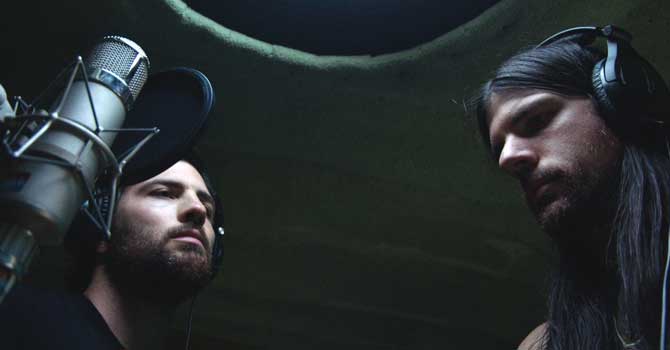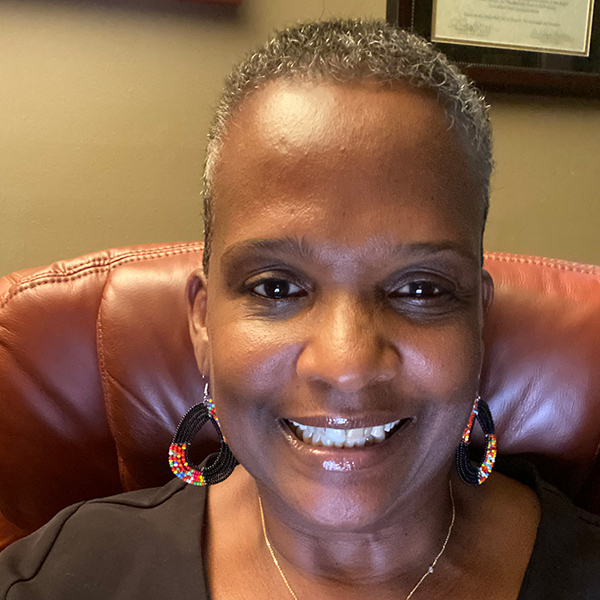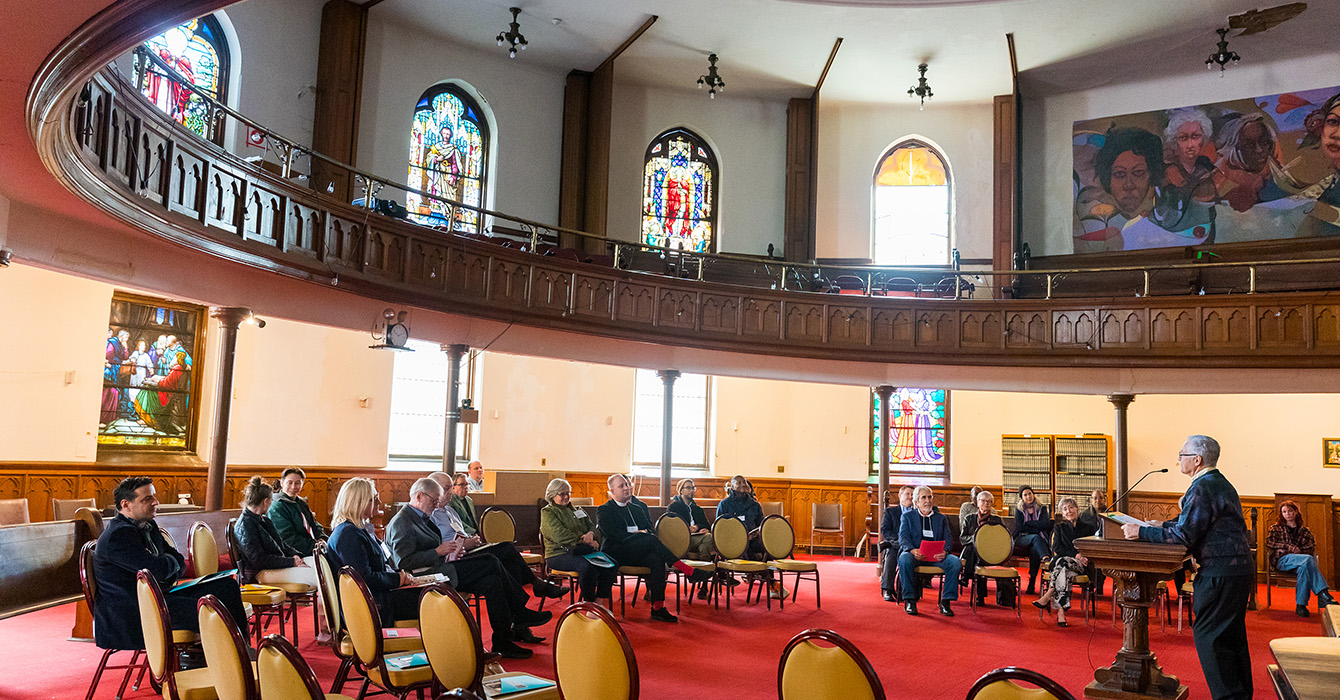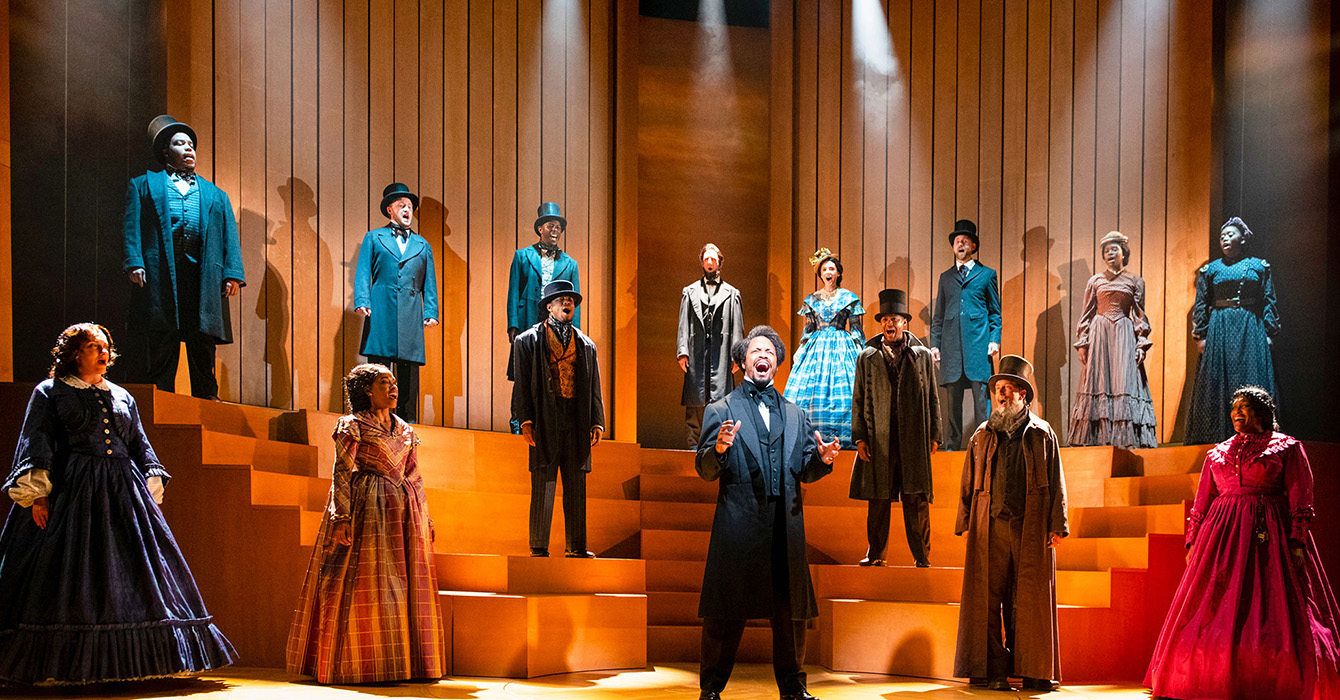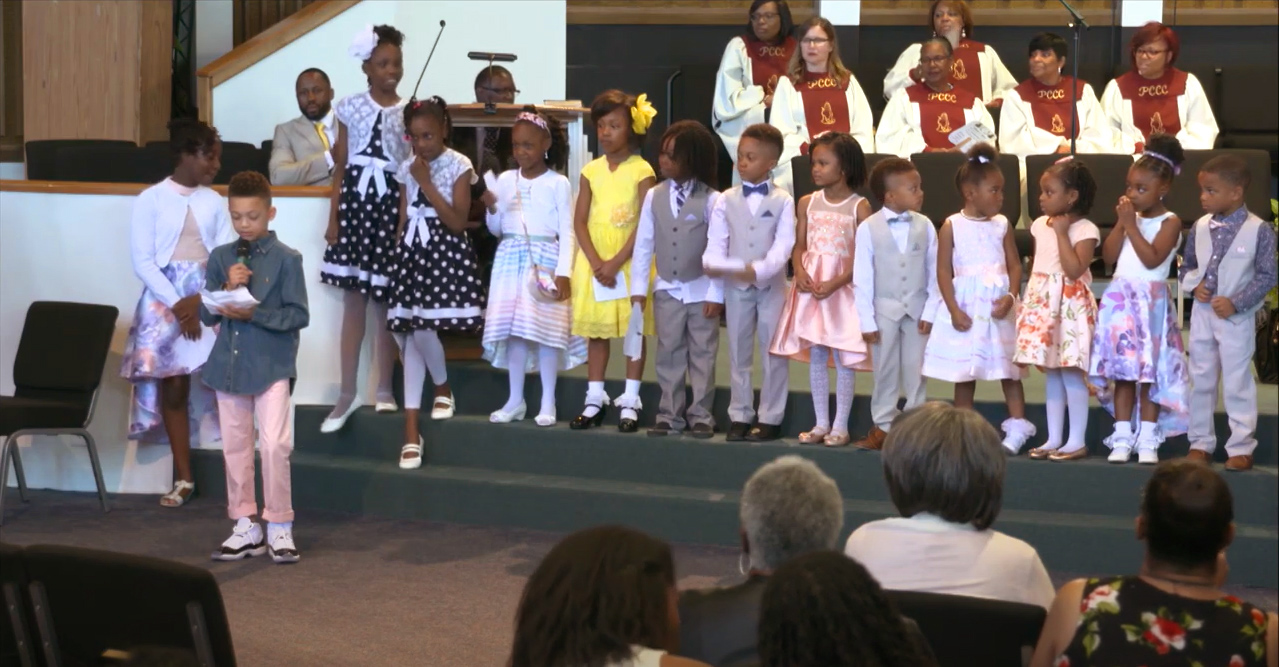The Avett Brothers have been described as “grunge grass,” “punk grass” and “Robert E. Lee playing with the Ramones.” Their high-energy performances have scandalized bluegrass purists but delighted fans: they were identified by Rolling Stone as a band to watch in 2009 and have appeared this year on David Letterman’s and Jimmy Kimmel’s shows. They recently released “The Avett Brothers Live, Vol. 3,” which contains many of their most popular songs.
The four-man ensemble includes the two actual Avett brothers, Scott and Seth, as well as bassist Bob Crawford and cellist Joe Kwon.
Kwon and the Avetts all grew up in small United Methodist churches in North Carolina. Clegg Avett, the Avetts’ grandfather, was a Methodist minister in western North Carolina. Growing up in the church, with its “ongoing message of light,” has been a powerful influence on the band members and their music.
In live performances they throw themselves around the stage, as Esquire magazine says, “in the best campfire, hootenanny sing-along tradition.” Yet their songwriting has the delicacy and truth of the very best sermons.
Jason Byassee interviewed Seth Avett by e-mail for Faith & Leadership about tradition and innovation, handling success, being both playful and serious, and the church. The following is an edited version of the interview.
Q: What’s the significance of your church upbringing?
Growing up in church for us was about more than hearing about God and memorizing the Apostles’ Creed. It introduced to us an example of community that was based upon principles and beliefs, a group of people that came together not necessarily because they had to but because they wanted and possibly needed to.
It also was a place where we heard a sermon, a weekly speech that was articulate yet relatively understandable, on some level, even for a child. Youth group was a place where we learned about the Bible but also learned how to get along with our young peers (and, oddly enough, to ski).
Of course, we learned hymns too, and our dad always sang very clearly and loudly. Sometimes he sang the lead, sometimes the harmony. I think the main point I’m trying to make (and consequently the relevant impact here) is that church presented an ongoing message of light and positivity in the routine of our lives. That message has undoubtedly played a role in who we are as grown men.
Q: How do you approach faith with clarity and criticism at the same time?
Well, it seems that no matter how you go about life, the error is always a human one. Faith itself is of course a beautiful thing, a spiritual possession without which we are lost. I guess our criticism is more for ourselves and our failure to have faith consistently. We all lose faith sometimes. I think it is important to remember that it doesn’t make you a bad person to stumble and to lose faith or hope. It happens to every last one of us.
In our songwriting I would like it to come through that we know about falling and about failing, but falling can be a great thing if you can learn even just a little from it. With enough perspective, it can even be funny.
Q: There’s a quote from your grandfather online in which he says that he doesn’t mind that he was in multi-point charges his whole ministry career and not at a high-steeple church. Has that attitude toward success affected you?
I’ll take any comparison to our grandfather I can get. I never had the honor of meeting him, as he died four years before I was born, but from all I’ve heard from those who knew him and by reading his sermons, Clegg had a lot of wisdom and clarity to offer. The older members in our church still will tell me how soft-spoken and well-read and intelligent he was. Humility and modesty were apparently among his more admirable traits, and I do hope those traits were passed down to Scott and me.
We certainly don’t feel as though we are made any more important by a growing popularity, the spreading of our name or the spreading of our songs. If anything, we are more and more humbled by the appreciation we have been so fortunate to receive.
Q: What about your parents? How did they influence you and your brother?
Our dad ran a welding crew for 35 years, building bridges throughout the Southeast for the bulk of that time. Construction is no place for lazy folks. We saw him work hard without excuses throughout our childhood. Our mother dealt with us three children while Dad traveled with the crew. She made 90 percent of our meals, washed and patched our clothes, and worked extremely hard to keep us healthy and growing well. When we were old enough, Mom went back to school and studied to become a teacher, which she still is today. I never saw my parents rise after me in the morning. They didn’t tell us we should work hard; we just knew it was the right thing to do, because we saw how they did it.
[Our parents] are and always have been big readers. There were always a ton of books in the house, piled in the living room, filling the shelves, in little stacks on nightstands. That accessibility was key in the early years of my life. We were never a big TV family. The older I get, the more I realize that my vocabulary is much stronger when I’m actively reading a couple books. … I’ve always been affected by great words, and I suppose I’ve just stayed on a path to find more.
Q: Tell me how you view success.
It helps that we have received this attention in a gradual way. I have said before that I am skeptical towards how I would have reacted to it had we received it 10 years ago (when the band started). I am 30 years old now, and I am confident that I can make a living one way or another.
I don’t have that view because we’ve been on TV or have sold a few records. I have it because my parents let me know from an early age that I am a capable person with a lot to offer. Success can be defined in an infinite number of ways. It is true that professionally we have experienced some great milestones, and I am very thankful for those experiences.
But it would be inaccurate to say that those events are any more important or worthy of attention than the triumphs of anyone else: another sober day for a recovering alcoholic, or a machinist getting a raise, or a child passing the fifth grade. Every single person has a growing line of successes and failures. I think the trick is appreciating what you’ve done and having the right kind of pride for it, as the wrong kind will have you thinking that you’re somehow above your neighbor, which is a silly and potentially dangerous notion.
Q: Your music is deeply rooted in Appalachia, and yet it reaches out from there into lots of other genres. How do you hold tradition and innovation together?
I believe it would be not only a shame but unnatural to operate, almost in any capacity, without considering one’s whereabouts and present environment/landscape. Tradition exists because it has been tested and proven to work for whatever reason. I believe the fundamentals of tradition should be focused upon, rather than its stylistic frills.
With music, in our case (and keep in mind, we are songwriters, not musical historians) it makes sense to draw upon the songs and melodies that have inspired us over the years, regardless of seemingly opposing genres. So while an Americana-based tradition may dictate that we use the banjo in a certain, traditional, predetermined and established way, we feel that it is largely unimportant for us to be rigid in our delivery of that instrument. Scott should play the banjo as he plays it, with his own unique personality showing through. The fundamental element is that we use the talents we were given, to the best of our ability.
Innovation is sometimes a product of just the good old condition of being yourself. If we are seen as innovators, that’s purely accidental on our part. We’ve just attempted to be ourselves and to let the songs do the talking.
Q: Talk about place in your music. You’re deeply rooted in one way, but in another you’ve moved far beyond North Carolina.
Roots are imperative. We have been around the world in the last decade (and in the last six months!), and traveling in such an intense way has been incredibly educational and exciting.
Without a home to come back to, though, I doubt I would be able to appreciate the traveling as much. I have never had a great desire to up and move to Europe. But I certainly have always wanted to see it.
Thanks to the music, I have been able to see some of it, and maybe will get a chance to see more. No matter what, though, the beautiful state of North Carolina is my home. It is always my honor to return whenever possible. I would encourage anyone to travel if they can, when they can, because it has a way of opening your eyes on a few things that you thought you had figured out. It challenges you, and then gives you the reward of meeting those challenges.
Then, when you return home, you can maybe see a bit more of the beauty in the place you’re coming from.
Q: How do you manage to approach such serious topics (love, loss, shame, death, delight) with such a gleam in your eye?
We have been humbled many times, personally and collectively, professionally. I believe the older you grow, if you are able to move past your own failures and tragedies, you’ll gain a perspective that reveals a commonality among all people.
Love and loss, shame, delight and death are just a few of the thousands of states/conditions that we all find ourselves in sooner or later, if we live long enough. I think our approach to songwriting allows for a certain measure of (hopefully) candid speech, with an eye on the responsibility that is somewhat inseparable from the fact that people will hear what we are saying in our songs.
That said, I think that music can be fun to listen to but not disposable. Scott and I take what we do pretty seriously, aesthetically and thematically, but I don’t think a desire for artistic integrity should get in the way of the sheer joy of it.
Q: You don’t hold back as you perform. What can other kinds of leaders learn from the way you give yourselves to your performance?
I hope that it is clear in what we do and how we do it that we are not interested in a halfhearted effort. I have yet to encounter anything in my life that could be done well without a formidable investment of time and care. It will come through to an audience, if you fully believe in what you are presenting.
And that doesn’t mean you have to juggle chain saws or command a pride of lions to get attention. Truth, genuine intent and simplicity, in these times, is plenty when considering the presentation of a message to a group of people.
Q: How do you understand your appeal across generations? (My 7-year-old wants me to ask, “Why do you rock out so much?”)
We can only hope to bring a quality sound and a sincere message with our songs. If we are able to do that, then it may be relatable not to just one small corner of society but to a broader landscape of people.
We have been blessed with an audience of great variety; this is true. But we did not go out intending to write songs that would gather attention from all sorts of people. We have just been telling our story and learning that our story is not just our own but one of a somewhat common human experience.
Oh, and tell your young one that rocking out is a part of life. And if the rockin’ bug gets you, don’t deny it! Most of the time it’s best to just dance it out …


